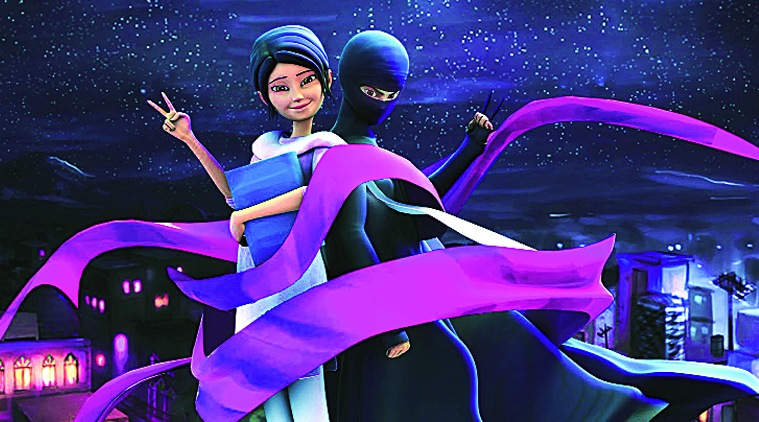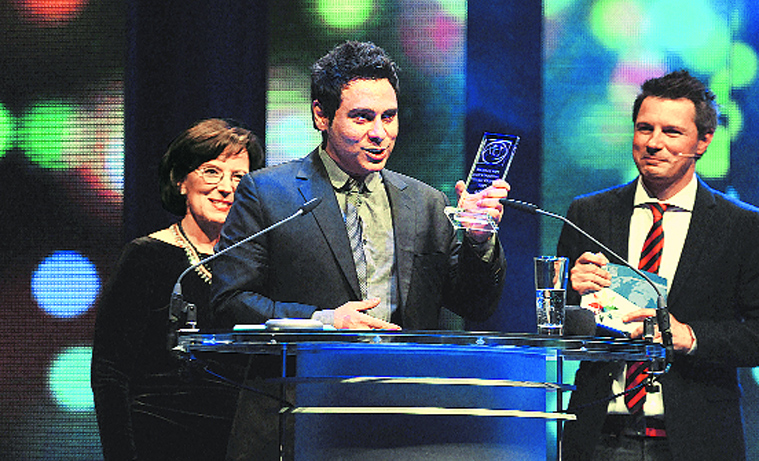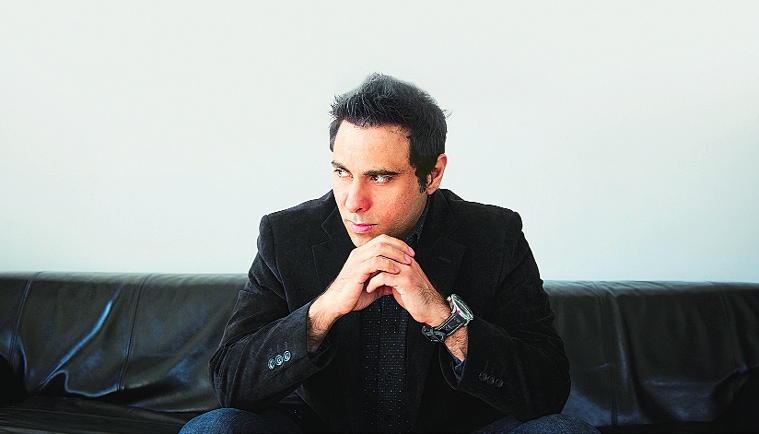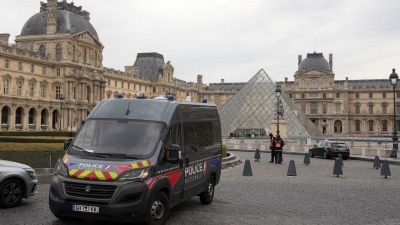The creator of Burka Avenger on overturning stereotypes and girl power
Haroon was born to a New Zealander mother and a Pakistani father in London, went to school in Pakistan, attended university in the US and also lived in Australia.
 Teacher by day, Burka Avenger by night
Teacher by day, Burka Avenger by night
Early in 2010, musician Haroon came across a disturbing series of reports of schools for girls being forcibly shut down by extremists in tribal areas in north Pakistan. Three years later, he channeled his disquiet into creating a TV series that went on to grab world attention. Burka Avenger, a first-of-its-kind Pakistani superhero animated show, went on air in July 2013 a few months after the Taliban shot at Malala Yousafzai for her advocacy of female education. Last week, edutainment channel ZeeQ began broadcasting the Emmy-nominated series.
The superhero of the show is Jiya, a school teacher who transforms into a burqa-clad crusader to fight extremist elements in Halwapur, a fictional town in Pakistan. Her superhero attire is not one you’d see Catwoman or Batwoman wear. Haroon’s choice of a burqa had initially created a stir, with critics wondering how what is often perceived as a symbol of oppression could be used as a tool of empowerment. “That did surprise me. But when they saw the show, it was clear that the burqa was merely a disguise, giving her a ninja-like quality. Since Jiya does not wear it in everyday life, it was actually turning the stereotype on its head,” says the 41-year-old who lives in Islamabad.
Unlike other superheroes with logic-defying powers, Jiya’s weapons of choice are simple: kitab (a book), kalam (a pen) and Takht Kabaddi, a martial art which gives her immense acrobatic skills. “Other countries have taekwondo, karate, kung-fu, and I wanted something indigenous. Kabaddi is our own sport and it just fit with what I had in mind,” says Haroon.
 Haroon receives an award in Germany
Haroon receives an award in Germany
Teacher by day, and avenger by night, Jiya takes on the evil Baba Bandook and corrupt politician Vadero Pajero. An orphan, she is adopted by Kabaddi Jaan. In the first episode, Jiya watches helplessly as Baba Bandook and his henchmen shut down the school for girls in Halwapur. As Burka Avenger, she fights them back and cracks open the lock — with a kalam (pen). Other episodes see her tackle child labour, environment issues and gender equality. “Without being preachy, it addresses pressing social issues, cloaking them in adventure and comedy,” says Haroon.
Haroon was born to a New Zealander mother and a Pakistani father in London, went to school in Pakistan, attended university in the US and also lived in Australia. Given this background, he calls Burka Avenger an extension of himself, and his belief in humanity.
Growing up in Pakistan, he was an avid reader of The Famous Five, The Hardy Boys and Charles Dickens. “There were not too many cartoons so I really enjoyed comic books, Marvel’s Avengers were a favourite,” he says.
After returning to Islamabad with a business finance degree, he formed a band, Awaz, with musician friends. He began directing his own music videos in 2010. Many of the songs he writes engage with social themes. Mr Fraudiye is a song about anti-corruption, while Ghoom Ghoom is about inter-faith peace and was filmed across mosques, cathedrals, gurdwaras and temples in Pakistan and England.
After searching for high-quality animation companies in Pakistan for one of his videos, he assembled a small team of his own in Islamabad, that eventually became Unicorn Black, the 3D animation company behind Burka Avenger.
Haroon was clear that he did not want to weave in any religious messages in the show. “Even for the weapons, I chose books and pens, not guns and grenades. It had to be about education, not violence,” he says. As many of the episodes show, Haroon has his pulse on the news: one episode was in reaction to the backlash in Pakistan against health workers on a polio vaccination drive.
 The burka avenger’s weapons of choice are simple: kitab (a book), kalam (a pen) and Takht Kabaddi, a martial art which gives her immense acrobatic skills. ‘it was clear that the burqa was merely a disguise, giving her a ninja-like quality. it was turning the stereotype on its head,’ says haroon
The burka avenger’s weapons of choice are simple: kitab (a book), kalam (a pen) and Takht Kabaddi, a martial art which gives her immense acrobatic skills. ‘it was clear that the burqa was merely a disguise, giving her a ninja-like quality. it was turning the stereotype on its head,’ says haroon
From the original Urdu, the show has been translated into English, Hindi, Tamil and Telugu on Zee’s regional channels. “I’m excited that the show is finally in India. There are so many jokes that will resonate with Indians,” he says. In the first episode, as Baba Bandook’s henchmen approach him, nursing bruises from a scuffle with Burka Avenger, he asks, “Kitne aadmi thhe?”
With positive reviews from the West, and also Afghanistan where the show is a huge success, Haroon emphasises the reach of strong female role models. “There is a glaring gender imbalance in the world and Burka Avenger is my contribution to setting it right,” he says.





- 01
- 02
- 03
- 04
- 05






















